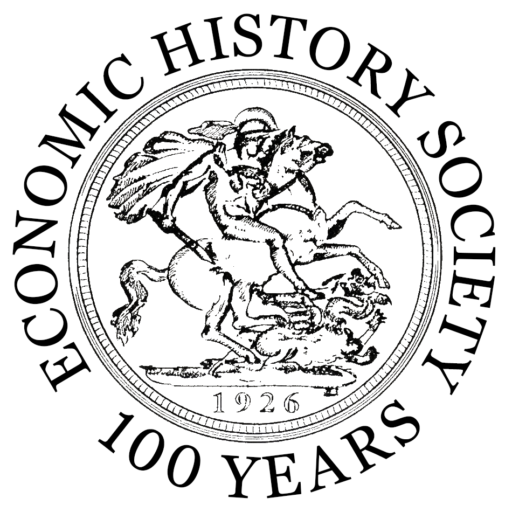Peasants into Muslims: Poverty and conversions to Islam in Ottoman Bosnia
Log in to access the full article.
Whilst economic historians have invested substantial effort into understanding the economic consequences of religion, they have invested less effort into understanding the determinants of religious affiliation. The lack of knowledge about determinants of religious affiliation seems particularly striking in the case of Southeastern Europe. Populated by Catholics, Orthodox Christians, and Muslims, the region has been historically characterized by a high degree of religious diversity – an important determinant of comparative development patterns. This paper analyses one specific example of religious formation in Southeastern Europe – conversions to Islam in early modern Bosnia. Employing village-level data from the Ottoman tax registers of 1468 and 1604, we find that settlements with lower income per household were more likely to convert to Islam. Given that premodern Bosnia was characterized by low agricultural yields, this finding implies that poverty induced peasants to convert to Islam. We hypothesize that the poll tax – a regressive tax removed upon conversion to Islam – stimulated the poorer Bosnians to adopt Islam upon the Ottoman conquest of their region.

